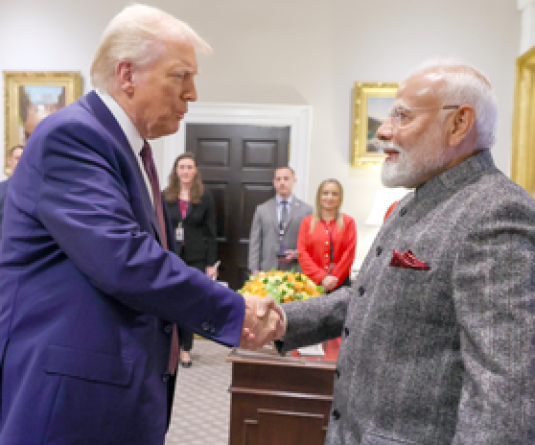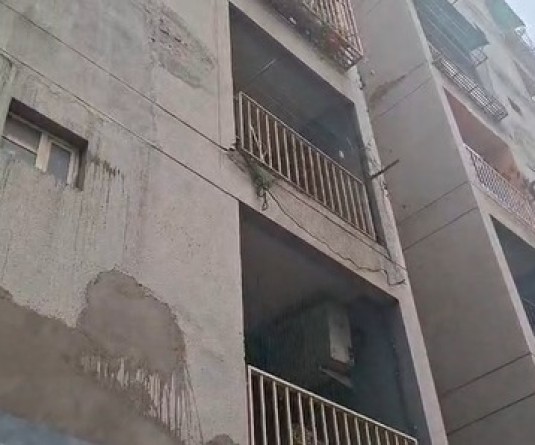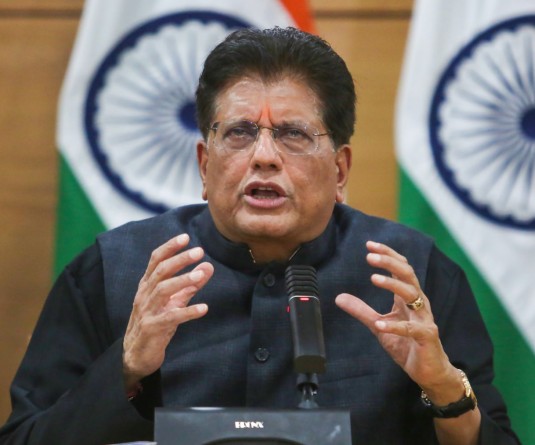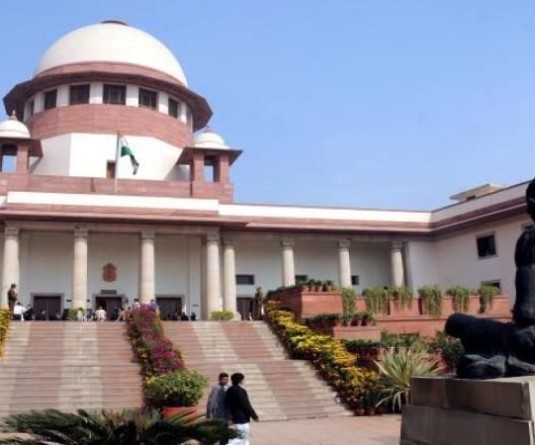
New Delhi, February 2 (Agencies): With political turmoil in Egypt pushing up global oil prices, Finance Minister Pranab Mukherjee on Wednesday hinted at keeping a status quo on the prices of petrol and diesel, saying the government will ‘manage’ the current volatility in crude prices. ‘Unfortunately, developments in the Middle East and its impact on the Arab world is causing uncertainty about production, about availability. We are watching the situation,’ Mukherjee told reporters here. ‘We are constantly in touch with the petroleum ministry,’ he added.
The government has been adopting a wait and watch policy on Egypt, saying the public protests seeking President Hosni Mubarak’s resignation was that country’s domestic issue. The crisis has, however, pushed up crude oil prices to $100 a barrel for the first time in over two years. Though prices of petrol have been de-controlled, the pricing powers on diesel, cooking gas and kerosene still vest with the government. Citing rising crude prices, state-run oil firms had raised prices of petrol five times in 2010. The last hike in petrol was in December by Rs.2.95 a litre, necessitated by the global crude prices touching $90 per barrel.
The Indian government, however, is expected to shield consumers from the current bout of volatility as food and all around inflation still remains very high. Mukherjee said the government had managed to keep retail prices of petrol, diesel and cooking gas under check even when global prices of crude oil soared to $147 per barrel in 2008. ‘At that time also, we had to manage the situation. Government will take care of it,’ said the finance minister.
Also of concern for oil importing countries is that Egypt controls the Suez canal and the 200-mile Suez-Mediterranean pipeline, which together carry about 2 million barrels of crude every day, which is about 2.5 percent of the global demand. Presently, the canal is under armed protection to prevent any disruption by protesters. The Organization of Petroleum Exporting Countries (OPEC) - a cartel of major oil producers - is, however, concerned and does not want a repeat of high prices of 2008. But the cartel has also said that it would not increase production as there was no shortage of the commodity.
The government has been adopting a wait and watch policy on Egypt, saying the public protests seeking President Hosni Mubarak’s resignation was that country’s domestic issue. The crisis has, however, pushed up crude oil prices to $100 a barrel for the first time in over two years. Though prices of petrol have been de-controlled, the pricing powers on diesel, cooking gas and kerosene still vest with the government. Citing rising crude prices, state-run oil firms had raised prices of petrol five times in 2010. The last hike in petrol was in December by Rs.2.95 a litre, necessitated by the global crude prices touching $90 per barrel.
The Indian government, however, is expected to shield consumers from the current bout of volatility as food and all around inflation still remains very high. Mukherjee said the government had managed to keep retail prices of petrol, diesel and cooking gas under check even when global prices of crude oil soared to $147 per barrel in 2008. ‘At that time also, we had to manage the situation. Government will take care of it,’ said the finance minister.
Also of concern for oil importing countries is that Egypt controls the Suez canal and the 200-mile Suez-Mediterranean pipeline, which together carry about 2 million barrels of crude every day, which is about 2.5 percent of the global demand. Presently, the canal is under armed protection to prevent any disruption by protesters. The Organization of Petroleum Exporting Countries (OPEC) - a cartel of major oil producers - is, however, concerned and does not want a repeat of high prices of 2008. But the cartel has also said that it would not increase production as there was no shortage of the commodity.






